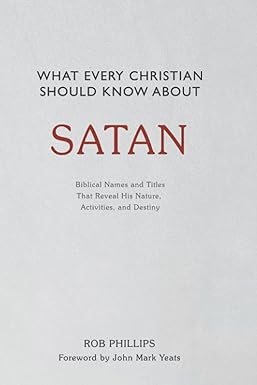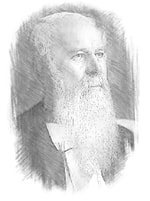Matthew 10
|
Matthew 10:2-4:
Now the names of the twelve apostles are these: first, Simon, who is called Peter, and Andrew his brother; James the son of Zebedee, and John his brother; 3 Philip and Bartholomew; Thomas and Matthew the tax collector; James the son of Alphaeus, and Lebbaeus, whose surname was Thaddaeus; 4 Simon the Cananite, and Judas Iscariot, who also betrayed Him. |
It would have been embarrassing for the early church to invent a disciple of Jesus who betrayed him. Meier observes, “The criterion of embarrassment clearly comes in to play as well, for there is no cogent reason why the early church should have gone out of its way to invent such a troubling tradition as Jesus’ betrayal by Judas, one of his chosen Twelve. --Sean McDowell
|
Christians say we are saved. But Jesus says we are not. He puts salvation as the final bus stop, saying: “He who endures to the end will be saved.” (Matthew 10:22). But Christians proclaim their salvation at the beginning.
Inevitably, Christians are in for a big surprise. Jesus says: “The last will be first, and the first last. For many are called, but few chosen.” (Matthew 20:16). Today, Christians are the first who are now destined prophetically to be last.
Inevitably, Christians are in for a big surprise. Jesus says: “The last will be first, and the first last. For many are called, but few chosen.” (Matthew 20:16). Today, Christians are the first who are now destined prophetically to be last.
|
Matthew 10:28:
“Do not fear those who kill the body but cannot kill the soul. Rather fear him who is able to destroy both soul and body in hell” |
The fear of man is not simply the fear of the harm that men may do to us. Surely the fear of harm partly drives our desire to be approved by men. However, most properly, the fear of man is, as Bunyan put it, “the fear of losing man’s favor, love, goodwill, help, and friendship.” Simply put, it is “an idol of approval.” We seek to avoid persecution because of “idols of approval,” “comfort,” or “pleasure.” These idols lead us to compromise in order to gain approval—to give in to wickedness in order to gain acceptance and peace. It puts us in a vicious cycle of idolatry. Miserable though it is, the fear of man is the soul’s default setting. --Nicholas Batzig
|
|
Matthew 10:29-31:
Are not two sparrows sold for a penny? And not one of them will fall to the ground apart from your Father. But even the hairs of your head are all numbered. Fear not, therefore; you are of more value than many sparrows. |
When death comes in an especially unexpected way, for example in a sudden accident, or in cases where a young child is suddenly taken, there is always a sense that this was not meant to be. We are left reeling at the ambush of fate. This sensation of being caught off guard can sometimes lead us to feel as if God was also surprised. Since He didn’t provide us with warning or prep time, as when we are diagnosed with a terminal illness and supplied with a prognosis of time, we may feel as if the loss was incidental.
But the Bible assures us that God is absolutely sovereign over life and death. He is never caught off guard, He is never surprised at events; no, God ordains everything to the minutest detail. This is truth that brings peace and rest to a heart that is staggering under the dizzying sucker-punch of sudden loss. It is natural for mourners to experience a sense of indignation, even rage, at the loss of a loved one. This, I believe, is our soul’s normal response to the Curse. We recognize deep within us that death is unnatural, and everything in us cries out for justice and for death to just stop its devastation. --Clint Archer |







